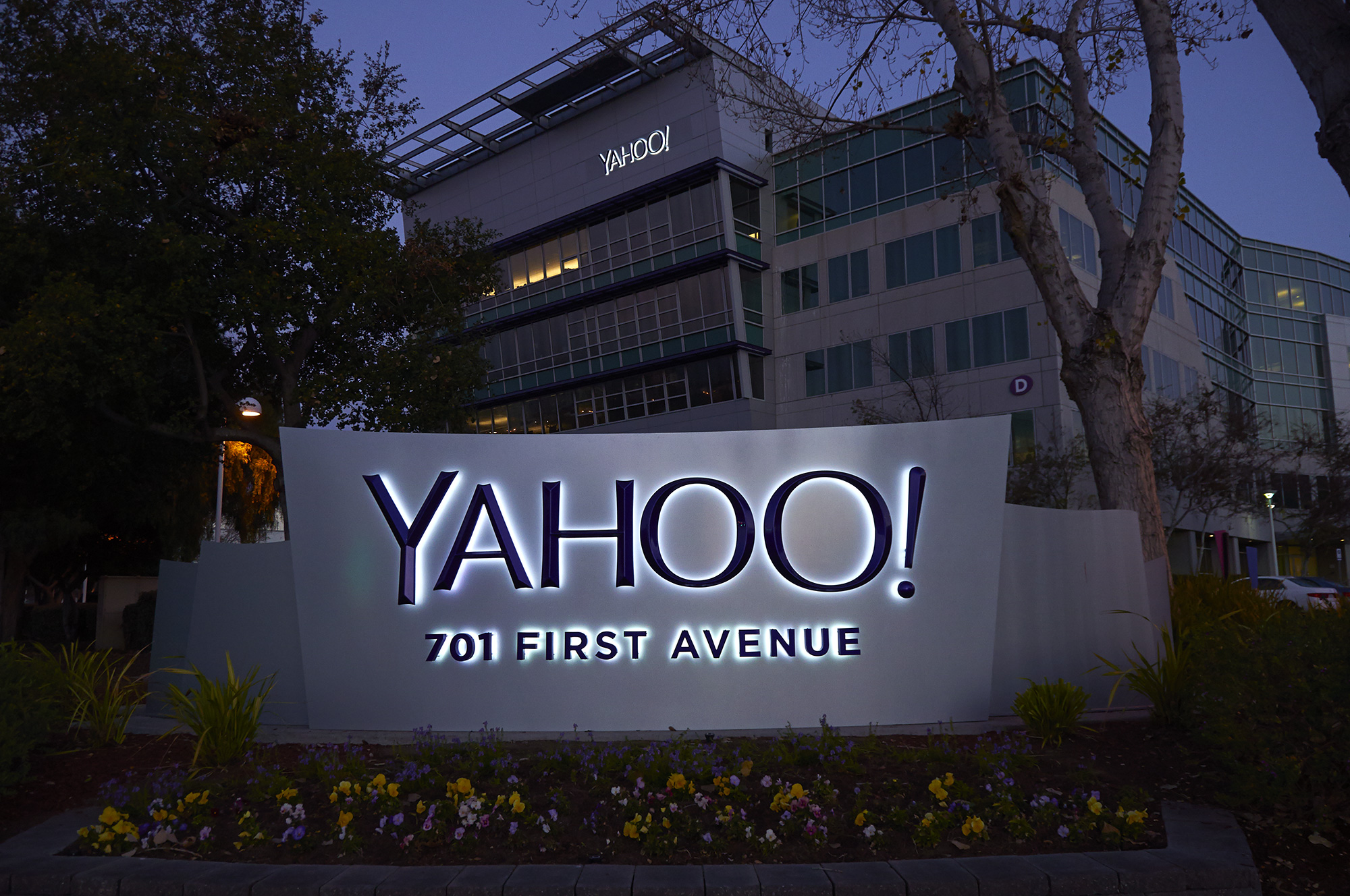Yahoo! Inc. (NASDAQ: YHOO) is looking to return even more money to its shareholders. After announcing a $2 billion stock buyback, and considering that the largest part of this company’s market value is its stake in Alibaba Group Holding Ltd. (NYSE: BABA), its newest stock buyback plan is much larger than it seems.
Yahoo announced late on Thursday that it plans to buy back an additional $2 billion in shares. This is in conjunction with its previously set buyback plan already in place. Under the previous buyback plan, there was roughly $726 million remaining, and it was set to expire at the end of 2016.
Previously, Yahoo! announced that it will spin off its stake in Alibaba later in 2015. The goal was to unlock value for Yahoo shareholders, and to do so with a more attractive tax profile for its investors than if Yahoo would have sold the shares itself and then repatriated that capital.
Yahoo owns approximately 384 million Alibaba shares, which translates to about $32 billion, or about 76% of Yahoo’s market cap at $42 billion. Suddenly buying $2 billion is much larger if you think of it in terms of an ex-Alibaba Yahoo.
According to recent analyst calls, Yahoo has been seen as follows:
- Morgan Stanley initiated coverage with the company with an Overweight rating and a price target of $55, implying upside of 24% from current prices.
- Zacks reiterated a Hold rating with a price target at $50.
- Bank of America set a Buy rating with a price target of $66.
Currently the highest price target from analysts is $69, which suggests upside of 55%. The stock has a consensus analyst price target of $57.69.
Shares of Yahoo closed up Thursday 0.6% at $44.47, in a 52-week trading range of $32.15 to $52.62. Shortly after the opening bell Thursday, its shares were up an additional 2.1% to $45.42.
The story of Yahoo currently is inescapably tied to Alibaba. If the company is able to achieve its plans, then that is not going to be the case for much longer.
ALSO READ: 7 Companies That Seriously Should Split Their Stocks
Thank you for reading! Have some feedback for us?
Contact the 24/7 Wall St. editorial team.





